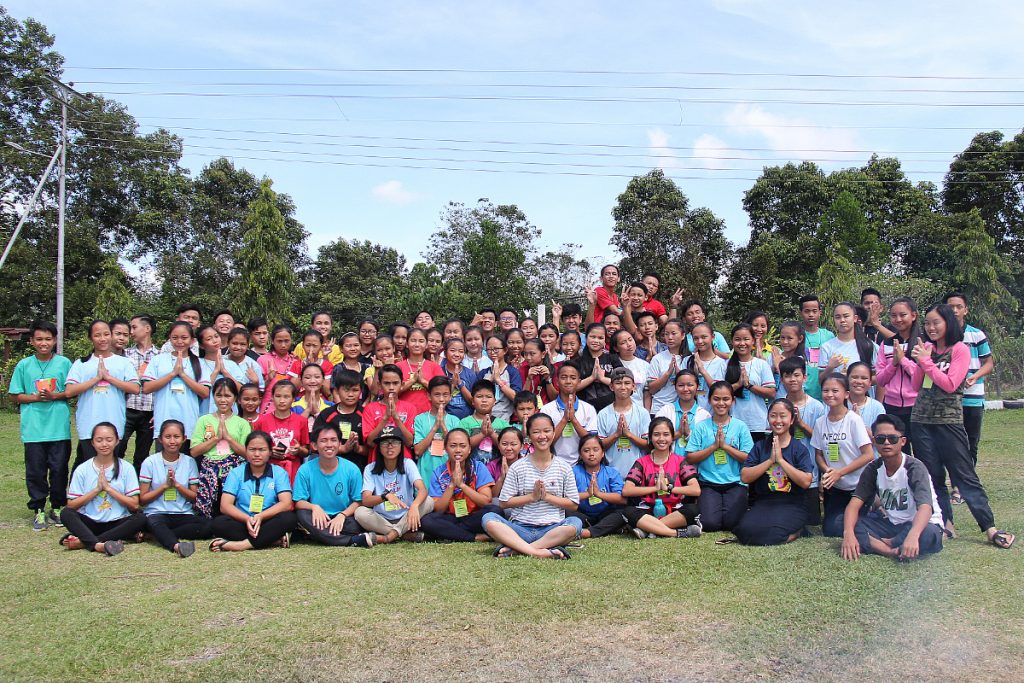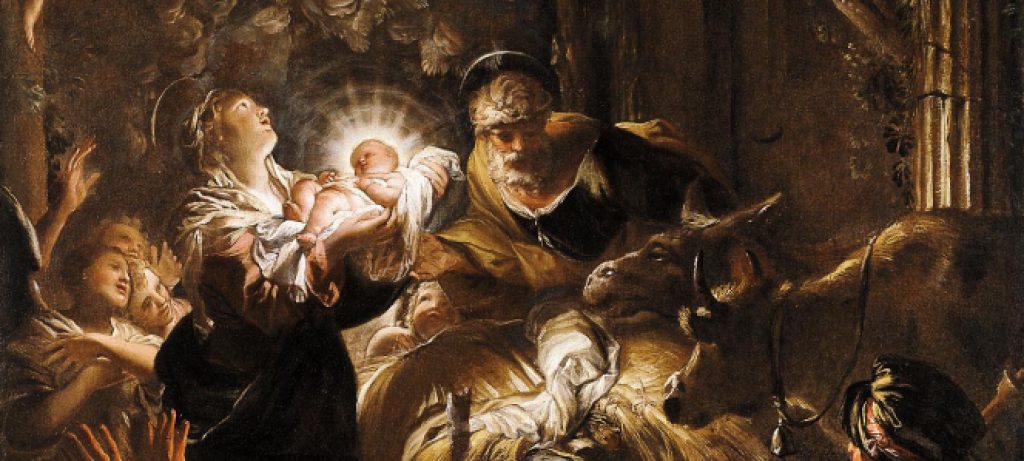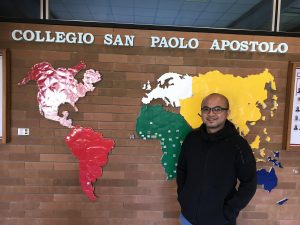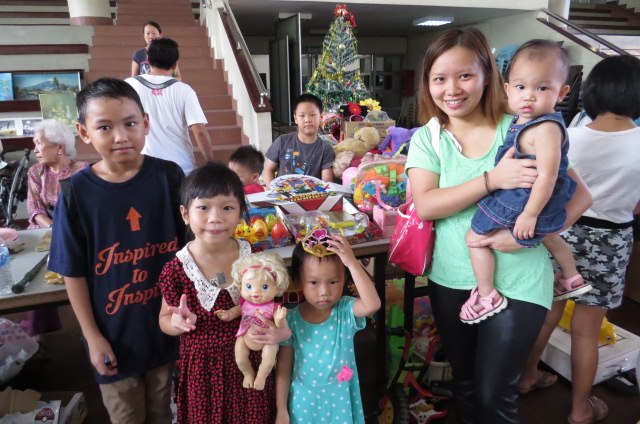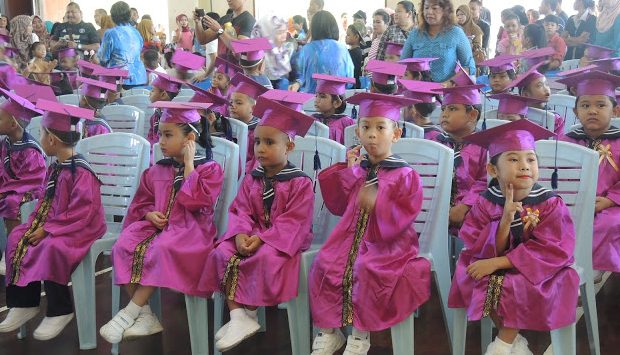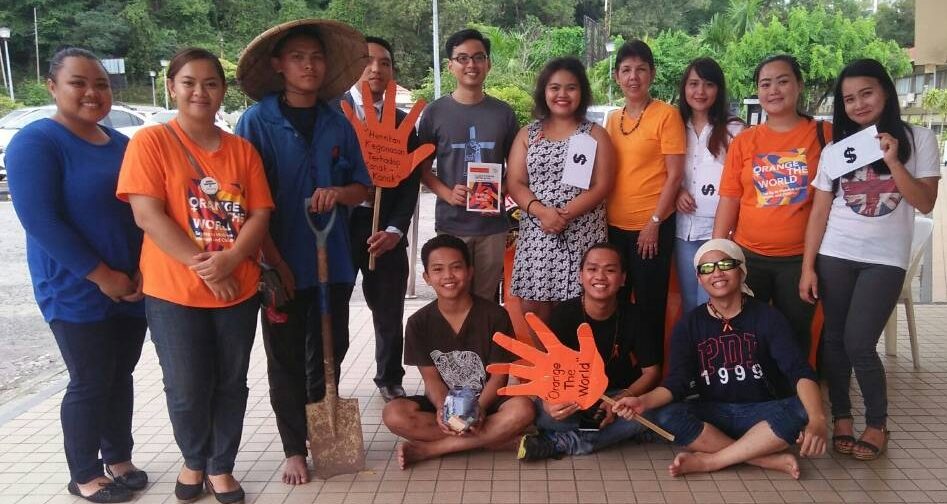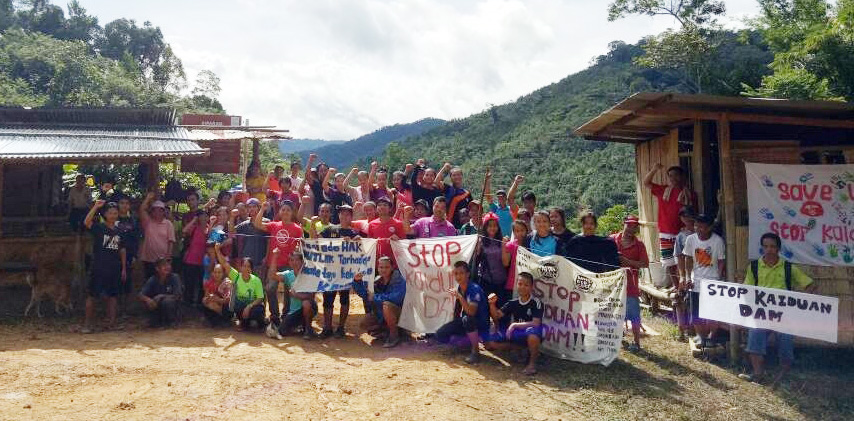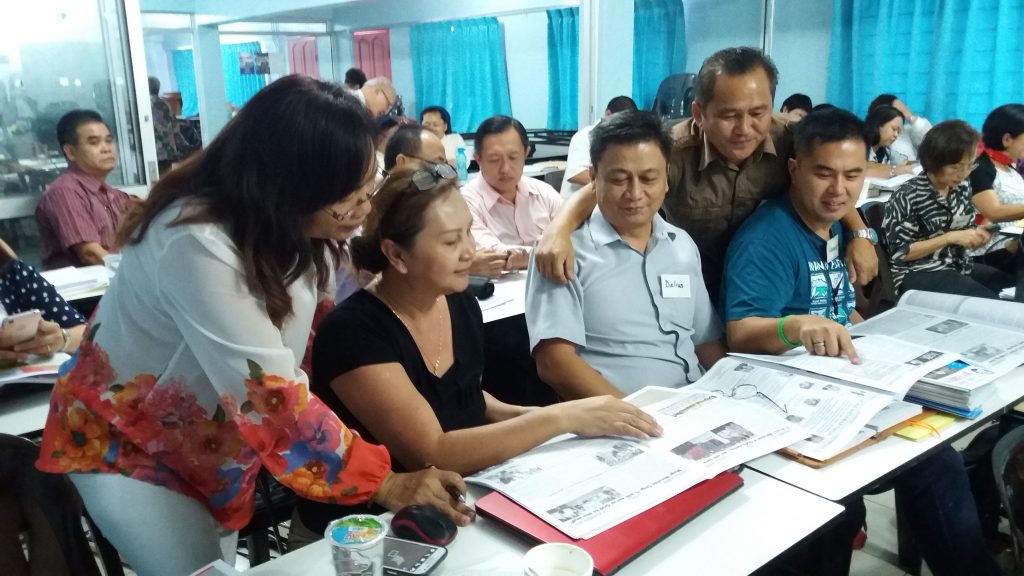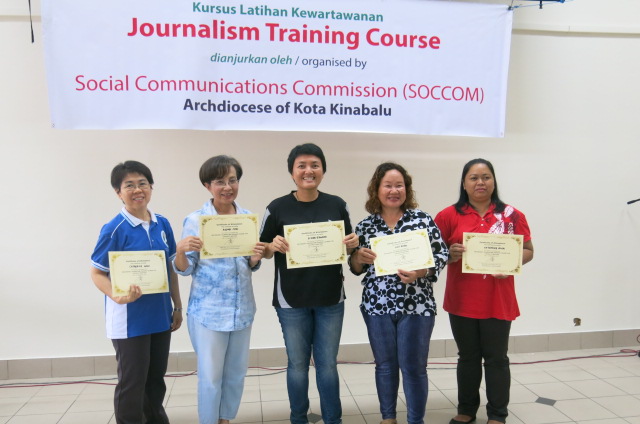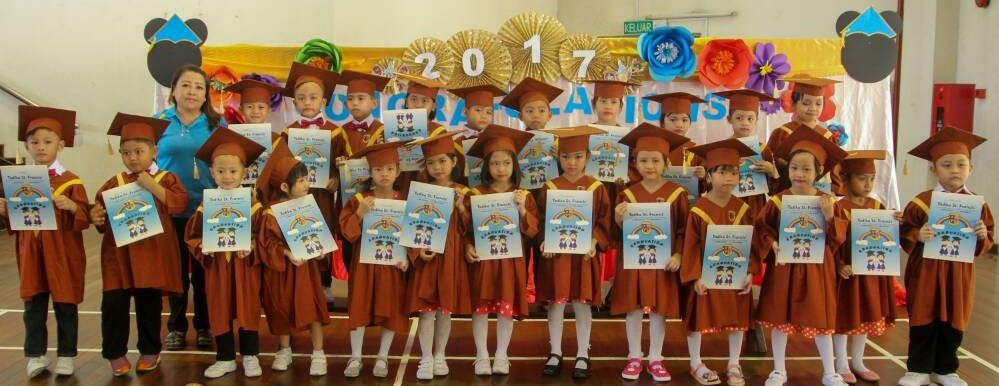Ulu Papar residents have vehemently protested the construction of the proposed Kaiduan dam which would destroy their villages and ancient burial grounds, 8 Oct 2016.
PENAMPANG – In an exclusive interview with Catholic Sabah on 16 Nov 2017, Taskforce Against Kaiduan Dam (TAKaD) said that compensation offered by the state government cannot support value of life.
They spoke of their deep fears and uncertainties in the wake of the state-offered compensation package by the State Infrastructure Development Minister at a dialogue session with the Kaiduan villagers at Kg Terian on Nov 10.
TAKad has consistently said that the natives are staunch in their stand against the proposed RM2.8 billion Kaiduan dam in Penampang.
Fears and uncertainties
In recalling built dams like Bakun, Babagon, TAKaD confirmed that there were no fair compensations to support the original and natural way of life for the villagers. The compensation offered could not adequately support the value of life for the next generations, nor could it commensurate with the value of biodiversity of Ulu Papar. Moreover, the fact of Tampasak (Babagon) having suffered from unfulfilled promises could not be ignored.
They pointed out that the proposed five acres as agricultural land are useless because Ulu Papar communities practise shifting cultivation. The norm for each family head is to be allotted with more than 15 acres, while a typical Ulu Papar family size ranges from 5-10 members per household.
As was the dam case in Babagon, food security for the villagers is not guaranteed due to the unforeseeable adaptation to the new relocation area.
Referring to the 240 families as commented during the Nov 10 dialogue, TAKaD wondered who the 240 families were. Are they from Kg Tiku, Timpayasa and Babagon Laut? TAKaD was sure of the stand of these three villages: they are clearly against the proposed Kaiduan dam, and reject any kind of compensation.
“The government said Kg Terian and Kg Buayan would not be affected. We want black and white, signed and certified by both parties,” said Evelyn Sipail, a TAKaD representative.
“Some of us have Land Applications (LA), which until now have not been given Land Titles, and our requests have not been entertained. Would this add to the unfair compensation?” added Sipail.
She revealed yet another fear “We fear for our lives and properties when the water level rises in the dam as our houses are situated very near to rivers and streams.”
Again as in the Babagon dam case, TAKaD reiterated, they have every reason to fear that the government would use middle men to channel compensation, resulting in a foreseeable situation of discrimination and dishonesty; for example, using low quality building material to meet the minimum requirements. Houses promised by the government were actually built with low quality wood, which did not last. At the same time, the built-up interior space was too small to comfortably house big families with many children. Besides, other promised compensation such as community hall and alternative source of income has yet to materialise.
They concluded that there has been no model of a fully integrated and successful compensation for cases such as these, and the compensation is seen at best, a way to lure the villagers to agree to the proposed dam. “It is definitely not,” said Sipail, “meant to be a price tag of our dignity as natives in this land.”
Support
When asked what kind of support they have managed to garner for their cause, Sipail said NGOs like PACOS, JOAS, Save River have been supporting TAKaD campaign while on 14 Dec 2013 a UN representative visited and brought it to the level of the international community.
In 2010, TAKaD has written a memorandum to the State Assembly.
In February 2016, they have had the privilege of an explanation/dialogue with an ex-engineer of Drainage and Irrigation Department at the Penampang Cultural Hall, who explained the need of water in the KK area, and alternatives to the Kaiduan dam.
Besides these, they have legal assistance both for the dam issue and land issue, while at the same time, they have also issued a call for cooperation from NGOs on their Save Water Campaign through all types of news media.
Voice
Sipail claimed that their voice/objection has been manipulated. When Pairin came to announce the compensation, their voice/objection was not heard, although he knew that they were actively objecting to it.
To amplify their voice, they have asked for solidarity support from all levels of society, regardless of religion or race, to stand firmly with them and to defend their land which they inherit from their ancestors, and which now has become one of the State’s heritage.
Sipail also said that the natives were not objecting to development planned by the government.
“We understand the need for water in KK areas, but we have to look for ways that are more environmental-friendly and do not cause conflict with the natives’ livelihood; for example, a more systematic and detailed management of our existing drainage system, improvement of capacity and safety through improvement of piping system. All these are to avoid wastage of clean water, water theft and better monitoring of water resources,” she said.
The real thing
However, TAKaD felt that the reality now is not about inadequate water supply, but about inadequate clean water. Rains are frequent in Sabah, but what is the problem? They have witnessed lots of uncontrolled tree-cutting activities upstream, which in turn have caused mud flow every rainy season resulting in low level of water in downstream rivers; for example, the hill cutting near Moyog river.
They also said that the authorities have not accepted the alternatives that were proposed: building waterworks that are low-cost and do not damage the environment.
They (authorities) were either ignorant of or ignore cases of water theft and water pipe leakages. There was also a lack of awareness campaign in regards to this in the social media.
Dennis Dahangat, another TAKaD representative, pointed out that the infrastructures proposed for the resettlement are actually another set to replace the infrastructures which already exist in the village, such as clinic and school. Besides, rubber has been planted in Buayan, Timpayasa, and Terian in cooperation with LIGS as a long term livelihood sustainability project.
Alternatives
TAKaD recalled the government’s prediction that Babagon dam was able to supply water until 2050. They would like to have access to the study that contains the facts to support the new prediction of a water shortage crisis in 2030.
They were also painfully aware of their neediness: “We are in dire need of academic assistance to study the volume of water needed in KK areas to support our objection.”
Though they have proposed alternatives to the government to build more water treatment plants along Papar river and to keep water in catchments, as there are many streams along Papar river: Mondalipau, Kaiduan, Malanga and Babagon where water treatment plants can be built and maximum water can be stored in the catchments, TAKaD felt that for the government to show sincerity, they must be serious enough to consider other ways instead of just focusing on Ulu Papar and the Kaiduan dam project. – CS
Article reproduced from Catholic Archdiocese of Kota Kinabalu


